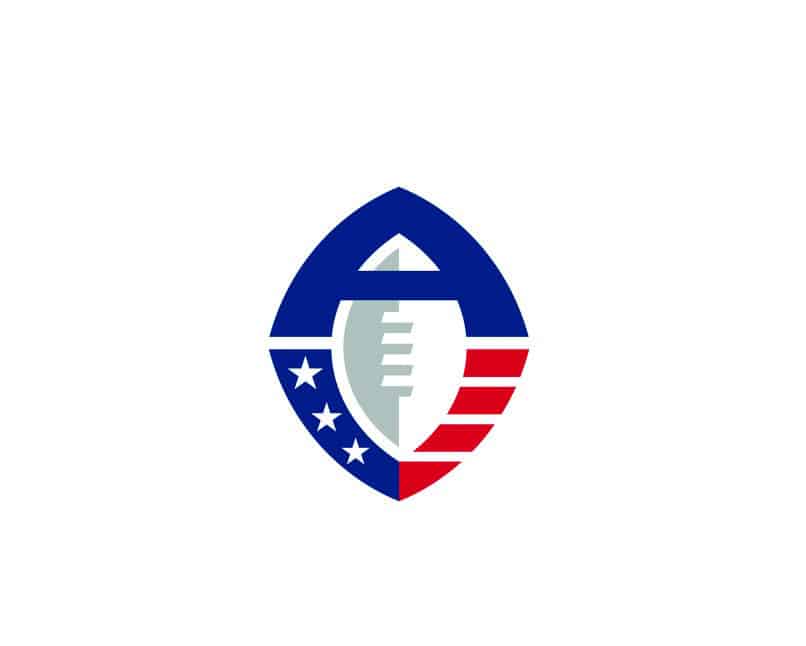Harper seals $36 billion Malaysian investment

Though it could boost the economy, environmental concerns are rising
Article: Ravinesh Sakaran – Contributor
Prime Minister Steven Harper had a brief stop in Kuala Lumpur, Malaysia before attending the Asian Pacific Economic Cooperation (APEC) summit in Bali, Indonesia last Sunday. Harper’s meeting with Malaysian Prime Minister Najib Razak in the capital concluded a $36 billion investment from Malaysia’s state-owned oil and gas company, Petronas.
According to the Malaysian daily the Star, Malaysia is now the largest foreign direct investor in Canada following the endorsement of Petronas’ liquefied natural gas (LNG) export business project in British Colombia.
Razak assured the Malaysian press that he was confident that the Conservative government, and even the future governments, would be supportive of Petronas’ involvement in the country as the staggering $36 billion investment is a 30 year affair.
However, according tothe Canadian Press, Harper launched partisan jabs at both the Liberals and the NDP. He said Liberals have always approved any foreign investment “no matter what,” and that New Democrats “are ideologically opposed to investment.”
Harper said his government judges each foreign investment “on its merits” and called it a policy of “discretion.”
[pullquote]“It would be a huge violation of public trust.” [/pullquote]
John Baird, the Minister of Foreign Affairs and his Malaysian counterpart, Anifah Aman signed a Declaration of Intent for a new agreement to avoid double taxation and to prevent fiscal circumvention in relation to taxes or income. A Memorandum of Understanding (MoU) between Malaysia and Canada on an international security program was also signed in efforts to strengthen ties between the two countries.
Although the $36 billion investment is a boost to the Canadian economy, concerns have come up from environmental organizations.
The Vancover Sun reported that the Valhalla Wilderness Society has already raised public concerns that the planned pipeline that would feed the Petronas project runs through protected areas adjacent to the The Khutzeymateen Grizzly Bear Sanctuary. Wayne McCrory, a bear biologist with the society, said it doesn’t matter whether millions or billions of investment dollars are at stake, the pipeline should not be allowed to traverse protected areas as “it would be a huge violation of public trust,” he said.
Art Sterrit, executive director of the Coastal First Nations, was also concerned over the air pollution emission that come from the LNG plants. He said that the First Nations would like to see the plants use the best global technology to reduce emissions and are watching carefully to see how the industry and governments will respond as the First Nations are yet to rule out a proposed $6.5 billion pipeline in northwest B.C. by Alberta based energy company, Enbridge.










